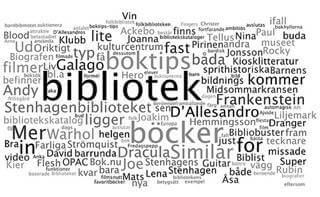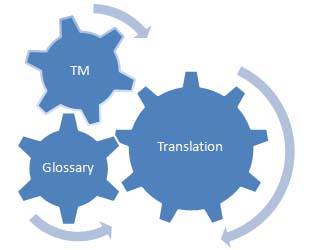You’ve arranged for your “How to” guide to using computers to be translated into Arabic. It’s been returned with Microsoft Windows translated as Microsoft Shubbak; shubbbak being one of the Arabic words for a window. Surely that can’t be right?
It’s not, but actually happened and was published as a book for sale and distribution. How embarrassing! So what should it be? As Microsoft Windows is a brand name, you’d need to transliterate it by representing the English words in Arabic characters.
Translating technical content from English to Arabic and in fact any other language for that matter is quite a challenge. The Arabic language which has developed within the realms of literature, poetry and religious texts, has not progressed very far within science and technology. Attempts to find English equivalent technical terms and terminology are limited and at times very poor. What you’ll often find are translators relying on transliteration, which is fine for names, however for terminology can result in loss of meaning. Unless your audience already has some idea of the terminology in English, they’re going to find it difficult to understand what you’re trying to convey.
Technical language challenges

Differences in language structure between English and Arabic compounds the problems of translation in general and even more so for technical translations. Additionally abbreviations and acronyms are heavily used in most industries and the meaning of special terms can be very confusing for those who are unfamiliar with the sector. Imagine the difficulties it presents for a translator!
You should always use translators that have experience in the sector and subject area of the content being translated. Generalists just won’t do if you have unique and sector specific terminology to be translated. A skilled and specialist translator will be able to identify relevant terms which effectively describe the core meaning of technical expressions. The person who translated the “How to” guide I mentioned wasn’t very skilled or familiar with the IT and Software industry!
Tools for translation

Most professional translation companies use computer assisted tools (CAT) to develop databases of regular vocabulary and jargon. Trados, Memsource and MemoQ are examples of software available in the market.
The software builds up translation memory and a glossary which translators can refer to when dealing with difficult terminology and provides consistency for companies who regularly require English to Arabic translations and any other translation work. Quality and uniformity is important for business branding and this is a good way of maintaining a professional image.
Creative Word hires and works with translators from a range of backgrounds. We have translators covering all the major industries including Marketing, Oil & Gas, Legal, Financial and Tourism. Contact us for your industry specific translations. You can rely on us to ensure your technical translations don’t cause you embarrassment!












